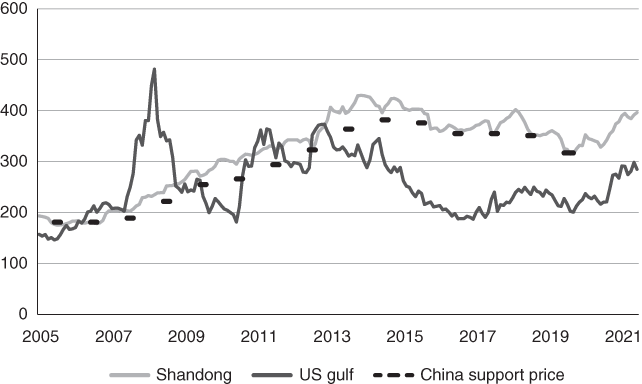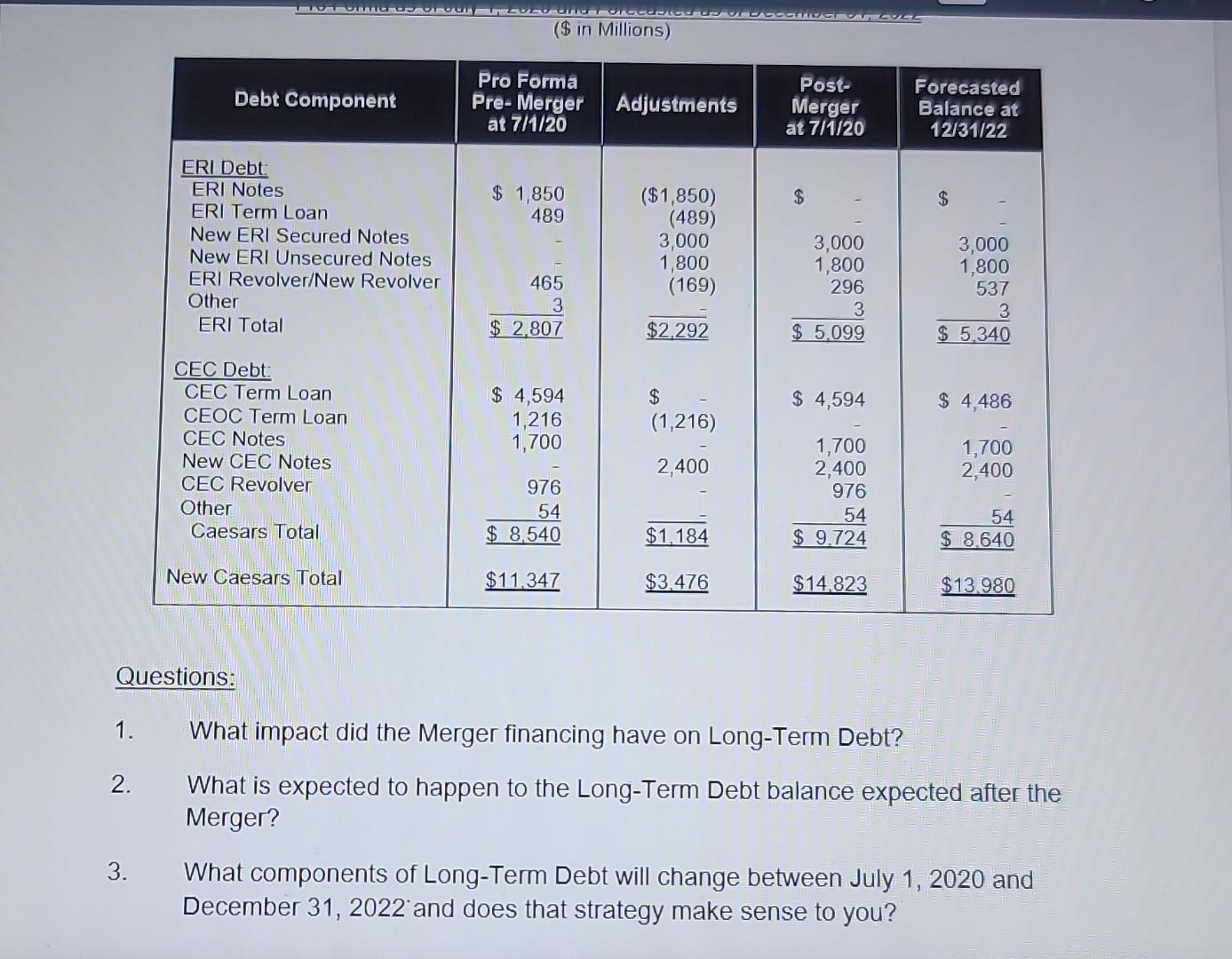The Privilege Dilemma: Implications For Expedited WTO Membership

Table of Contents
Economic Advantages of Expedited WTO Membership
Expedited WTO membership offers a compelling pathway to economic growth for developing nations. Faster integration into the global trading system unlocks a range of significant advantages, impacting various sectors and driving overall development.
Enhanced Market Access
Rapid integration into the global trading system through expedited WTO membership unlocks access to lucrative markets for exporting goods and services. This translates into substantial economic benefits:
- Increased export revenue: Reduced tariffs and non-tariff barriers lead to a significant increase in export volumes and revenue.
- Foreign direct investment inflows: WTO membership signals a commitment to stable and predictable trade policies, attracting foreign investors.
- Job creation in export-oriented sectors: Increased exports stimulate demand for labor, leading to job creation and reduced unemployment, particularly in export-focused industries.
For example, Vietnam's rapid WTO accession in 2007 led to a substantial increase in its exports, particularly in textiles and garments, driving significant economic growth and poverty reduction. Quantifiable data showcasing the correlation between expedited WTO membership and subsequent economic growth in similar cases further strengthens this argument.
Attracting Foreign Investment
WTO membership acts as a powerful signal to foreign investors, indicating a country's commitment to international trade rules and a stable investment climate. This can lead to:
- Increased capital investment: Foreign investors are more likely to invest in countries with predictable and transparent trade policies.
- Technology transfer: Foreign investment often brings advanced technologies and know-how, boosting productivity and innovation.
- Improved infrastructure development: Foreign investment can contribute to the development of crucial infrastructure, such as transportation and communication networks.
Case studies from countries like China, which experienced a significant surge in foreign direct investment following its WTO accession, illustrate this link. The influx of capital and technology played a crucial role in its rapid economic development.
Boosting Economic Growth
The combined effects of enhanced market access and increased foreign investment contribute significantly to overall GDP growth and poverty reduction:
- Higher per capita income: Increased economic activity leads to higher wages and improved living standards.
- Improved living standards: Increased income levels translate into better access to education, healthcare, and other essential services.
- Reduced income inequality: Economic growth driven by WTO membership can contribute to a more equitable distribution of wealth.
Statistical evidence, particularly focusing on countries that have successfully navigated expedited WTO accession, reveals a strong correlation between WTO membership and improved economic indicators. This data underscores the potential for expedited WTO membership to be a powerful engine for economic development.
Challenges and Potential Disadvantages of Expedited WTO Membership
While the economic advantages of expedited WTO membership are significant, it is crucial to acknowledge the potential challenges and disadvantages. A rushed accession process can leave developing nations vulnerable and exacerbate existing inequalities.
Trade Imbalances and Vulnerability
Rapid integration into the global trading system can expose developing nations to unfair trade practices and economic shocks:
- Increased dependence on specific export markets: Over-reliance on a few export markets can make a country vulnerable to fluctuations in global demand.
- Potential for exploitation by larger economies: Developing countries may lack the bargaining power to negotiate fair trade agreements with larger, more established economies.
- Difficulties in adjusting to global competition: Rapid integration may overwhelm domestic industries, leading to job losses and economic hardship.
Numerous countries have faced such challenges. A careful analysis of these cases highlights the importance of adequate support mechanisms to mitigate these risks.
Negotiating Capacity and Institutional Weakness
Developing nations may lack the necessary institutional capacity and expertise to effectively negotiate WTO agreements and implement subsequent reforms:
- Limited technical expertise: Negotiating complex trade agreements requires specialized knowledge and skills, which may be lacking in some developing countries.
- Insufficient resources for regulatory development: Implementing WTO agreements often requires significant investment in regulatory frameworks and institutions.
- Risk of suboptimal trade agreements: Lack of expertise can lead to trade agreements that are not in the best interests of the developing country.
Case studies of countries that struggled with WTO implementation due to institutional weaknesses underscore the importance of capacity building before and after accession.
Social and Environmental Concerns
The focus on rapid accession may lead to the neglect of crucial social and environmental safeguards:
- Potential for increased environmental degradation: The pursuit of economic growth may come at the expense of environmental sustainability.
- Exploitation of labor: Pressure to compete in the global market may lead to the exploitation of workers.
- Undermining of social safety nets: Rapid economic changes may strain social safety nets, leaving vulnerable populations behind.
Addressing these concerns requires a careful consideration of the social and environmental impacts of expedited WTO membership and the implementation of appropriate safeguards.
Striking a Balance: A Fair and Equitable Approach to Expedited WTO Membership
A successful approach to expedited WTO membership requires a careful balance between the desire for rapid integration and the need to mitigate potential risks. This necessitates a proactive and supportive approach:
Technical Assistance and Capacity Building
Providing adequate technical assistance and capacity building is essential to ensure successful integration:
- Training programs for trade negotiators: Equipping negotiators with the skills needed to effectively participate in WTO negotiations is paramount.
- Financial support for regulatory reform: Developing countries often require financial assistance to implement the necessary regulatory changes.
- Assistance in implementing WTO agreements: Providing support in the implementation of WTO agreements ensures effective integration.
Successful technical assistance programs, such as those offered by the WTO and other international organizations, provide valuable models for future initiatives.
Gradual Integration and Phased Implementation
A more gradual approach allows countries to adapt to the changes and mitigate potential risks:
- Phased reduction of tariffs: A gradual reduction of tariffs allows domestic industries time to adjust to increased competition.
- Gradual implementation of regulatory reforms: A phased approach to regulatory reform reduces the burden on developing countries.
- Tailored timelines for accession: Recognizing the unique circumstances of each country, flexible timelines can be established.
Countries that adopted a phased approach to WTO integration often experienced smoother transitions and better outcomes.
Transparency and Stakeholder Engagement
Transparency and stakeholder engagement are crucial for ensuring fairness and inclusivity:
- Public consultations: Involving the public in the decision-making process promotes transparency and accountability.
- Involvement of civil society organizations: Engaging with civil society organizations ensures that the voices of all stakeholders are heard.
- Monitoring mechanisms: Establishing robust monitoring mechanisms helps to track progress and identify potential problems.
Best practices for promoting transparency and inclusivity in the WTO accession process should be adopted and implemented to ensure a fair and equitable outcome for all parties involved.
Conclusion
The "privilege dilemma" surrounding expedited WTO membership requires a nuanced approach. While the economic benefits are undeniable, the potential disadvantages must be carefully addressed. A successful strategy emphasizes robust support mechanisms, including comprehensive technical assistance, phased implementation, and a strong commitment to transparency and stakeholder engagement. A fair and equitable approach, prioritizing capacity building and considering social and environmental impacts, is crucial to ensure that expedited WTO membership truly serves as a catalyst for sustainable and inclusive development. Moving forward, a deeper understanding of the complexities surrounding expedited WTO membership, and the implementation of these crucial elements, is essential for fostering a more equitable and effective global trading system.

Featured Posts
-
 Mlb Betting Tigers Vs Mariners Predictions And Odds For Todays Match
May 07, 2025
Mlb Betting Tigers Vs Mariners Predictions And Odds For Todays Match
May 07, 2025 -
 Who Voices Kenny In The White Lotus Season 3 Revealing Tims Coworker
May 07, 2025
Who Voices Kenny In The White Lotus Season 3 Revealing Tims Coworker
May 07, 2025 -
 Nba Lyderiai Pakartojo Klubo Rekorda Zaisdami Istoriniu Ritmu
May 07, 2025
Nba Lyderiai Pakartojo Klubo Rekorda Zaisdami Istoriniu Ritmu
May 07, 2025 -
 800 Million Week 1 Analyzing The Potential Impact Of Approved Xrp Etfs
May 07, 2025
800 Million Week 1 Analyzing The Potential Impact Of Approved Xrp Etfs
May 07, 2025 -
 Nba Lyderiu Pralaimejimas Duobele Ir Priezastys
May 07, 2025
Nba Lyderiu Pralaimejimas Duobele Ir Priezastys
May 07, 2025
